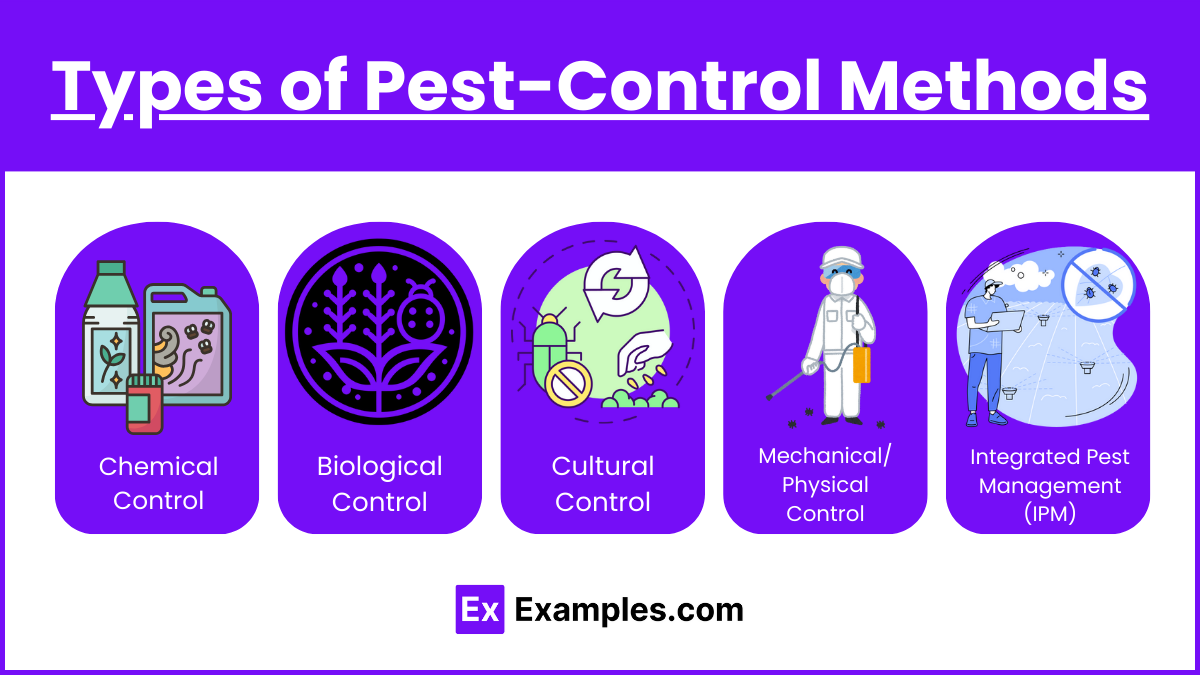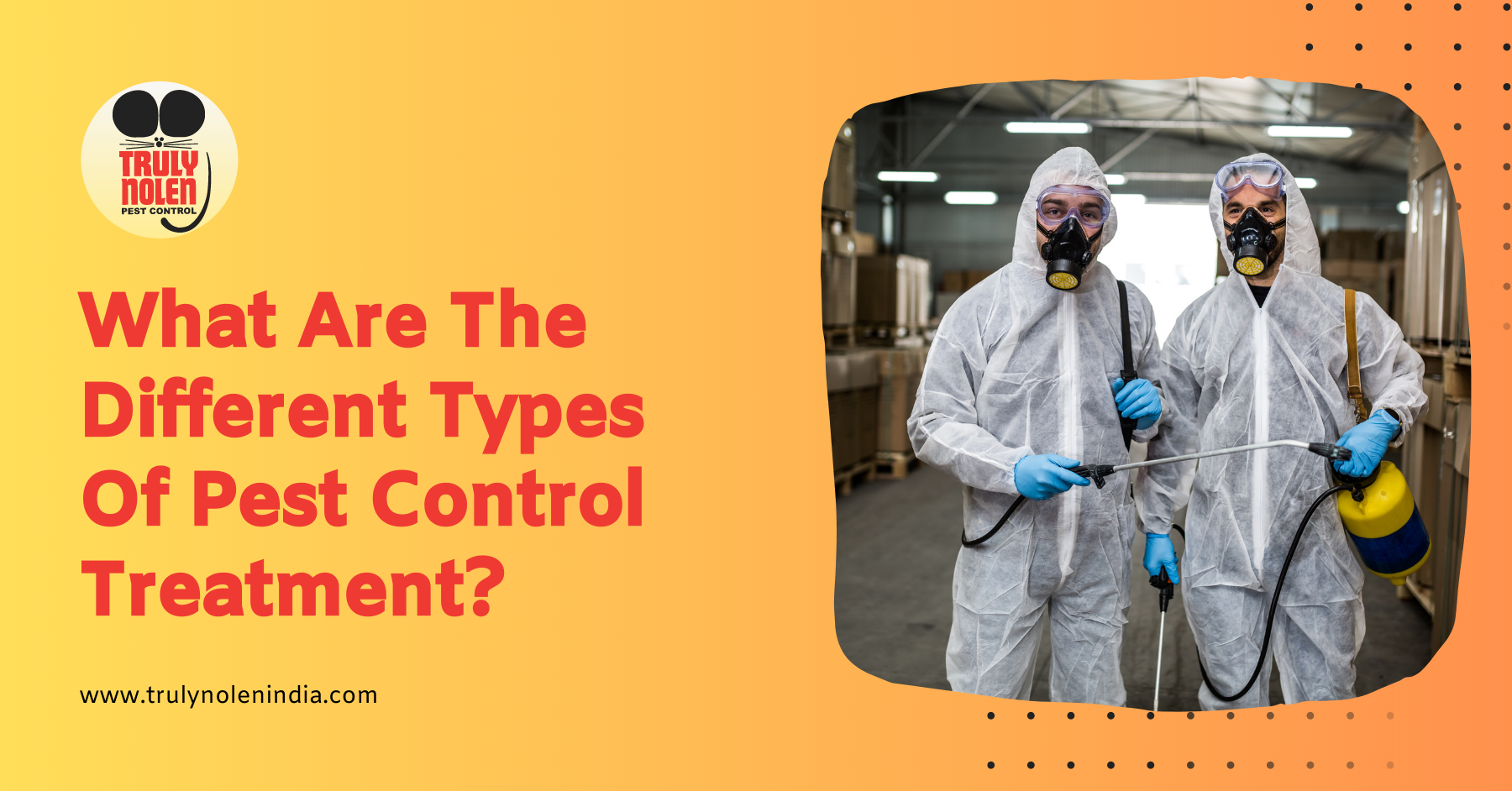Some Known Incorrect Statements About Pest Control
Some Known Incorrect Statements About Pest Control
Blog Article
Excitement About Pest Control
Table of ContentsFascination About Pest ControlThe smart Trick of Pest Control That Nobody is DiscussingPest Control Can Be Fun For EveryoneGetting My Pest Control To WorkThe Pest Control Ideas
Limitations of Chemical Management Be able to assess parasite troubles, determine if administration is needed, and make appropriate referrals utilizing IPM strategies. Be familiar with different approaches of bug management - their benefits and limitations.This phase talks about (IPM), an approach that uses knowledge regarding insects and their, practices, nonchemical techniques, and chemicals to handle parasite problems. Added information regarding IPM for specific plants is consisted of in chapters that focus on those plants. Parasites in a yard or landscape might consist of bugs and termites, weeds,, creatures, and birds.
Many individuals hurry to draw, hoe, or spray every weed they see. Pests and weeds, nonetheless, contribute in the. After growing a garden or developing a lawn, the natural procedure of plant sequence begins to improve and nonnative plants. A weed expanding in a yard represents the initial stage in a series of events that, if enabled to continue, can at some point lead to a woodland.
What we call "bugs" are component of an all-natural system at the office. An ecological community has no bugs. Only humans consider specific species pests when they occur where they are not desired. We will certainly be extra effective in taking care of unwanted species when we understand that these microorganisms comply with foreseeable patterns that we can make use of to our advantage.
The 25-Second Trick For Pest Control
Parasites prone to a pesticide were swiftly killed, leaving resistant ones to breed and increase. It ended up being clear that chemicals alone would not resolve all pest issues. Rather, overuse of pesticides triggered the advancement of immune bugs. Researchers began to create a new technique to pest control. This new technique was referred to as incorporated bug management (IPM).
An IPM strategy enables some degree of bugs in the setting. Pests are much less likely to make it through a program that makes use of various techniques of reducing their populations. Integrated bug administration was initial suggested by entomologists since bugs were the first team of insects to verify tough to take care of with chemicals alone.
A limit is the factor at which activity need to be taken. IPM has actually prolonged beyond insects to monitoring of all pest populaces: weeds, condition organisms, and creatures.
Not known Incorrect Statements About Pest Control
Management instead why not try these out than eradication of insects is the objective. An IPM strategy starts with a mindful analysis of each pest problem.
Clover expanding in a grass might be checked out as an unwanted weed, however as a bean it is manufacturing nitrogen for the dirt and the flowers are offering nectar to honey bees and various other. Tolerance for some weeds may belong to an IPM strategy. may be consuming the fallen leaves of a plant, however when they are recognized as the larvae of Eastern tiger swallowtail butterflies, their damage may be endured so we can take pleasure in the beautiful butterfly.

The 2nd crucial device in pest administration is early intervention. Existing and observant in the yard ensures early discovery. Reacting to troubles promptly, before they have time to increase, requires a much less remarkable intervention. The third most crucial device is recordkeeping; tracking what occurs in the garden enables a gardener to acknowledge patterns and make educated choices.
Some Known Questions About Pest Control.
Numerous risk-free, functional, nonchemical techniques of plant protection and insect administration might decrease or get rid of the need to spray. Other methods are most advantageous when utilized with pesticides. To apply monitoring practices appropriately and to minimize losses, gardeners need to understand the kinds of parasites that assault plants and understand pest biology.

Carrying out a dirt test and using just the suggested quantity of fertilizer and lime takes full advantage of the advantage to the plant while reducing troubles associated with extreme use fertilizer - Pest Control. Treatment the dirt with several inches of compost secures the plant in a number of means: decreasing soil water loss to evaporation, lessening weed competitors, supplying nutrients, and developing an ideal environment for earthworms and bacteria that maintain the dirt loosened for origins and damage down natural material browse around here to launch nutrients
If mulch touches the trunk, it can develop a means for voles, microorganisms, and fungis to assault the plant. Do not utilize manure or compost that has not completely decayed as a leading clothing because it can encourage unfavorable pests. Research study suggests that tilling the soil is harmful to soil structure.
Things about Pest Control
If tilling is deemed necessary, consider doing it in the autumn when the life cycles of numerous pests brings them near the surface. At the surface area, pests become subjected to the weather condition as well as birds and other all-natural enemies.
Report this page